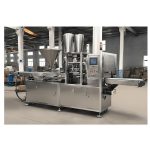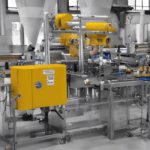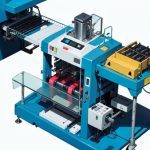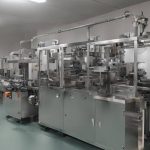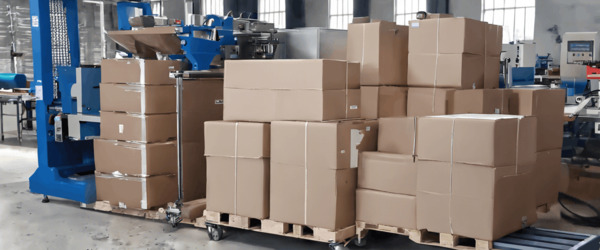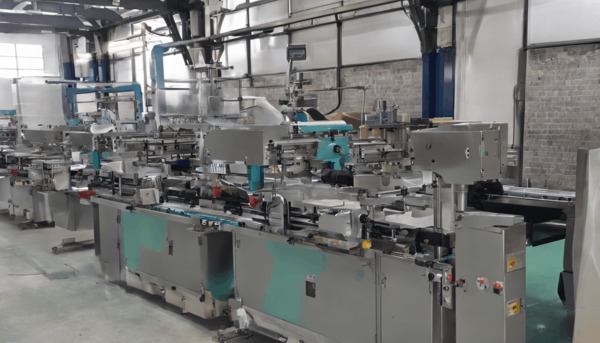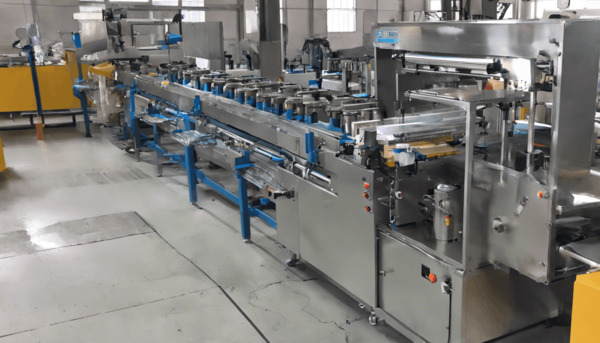
Introduction to Bag Sealers
A bag sealer is a device used to seal the open end of a bag, ensuring that the contents inside are securely contained. Bag sealers are widely used in various industries, including food packaging, pharmaceuticals, and manufacturing, to maintain product freshness, prevent contamination, and enhance shelf life. The sealing process involves applying heat, pressure, or both to the open end of the bag, melting the material and bonding it together to create a tight seal.
Types of Bag Sealers
Impulse Sealers
Impulse sealers are among the most common types of bag sealers. They use a heated wire to melt and seal the bag material. The sealing wire is only heated during the sealing process, which makes impulse sealers energy-efficient. They are ideal for sealing thermoplastic materials such as polyethylene and polypropylene. Impulse sealers are available in various sizes, from handheld devices to large, industrial-grade machines.
Constant Heat Sealers
Constant heat sealers, also known as direct heat sealers, maintain a constant temperature on the sealing element. This type of sealer is suitable for sealing thicker materials or materials that require a higher temperature to seal effectively, such as cellophane, foil, and Mylar. Constant heat sealers are often used in applications where a strong, durable seal is required.
Vacuum Sealers
Vacuum sealers remove air from the bag before sealing it, creating a vacuum-sealed package. This method is particularly beneficial for preserving perishable items, as it reduces the oxygen level inside the package, slowing down the growth of bacteria and mold. Vacuum sealers are commonly used in the food industry for packaging meats, cheeses, and other perishable goods.
Band Sealers
Band sealers are continuous sealing machines that use a conveyor belt to move the bag through the sealing process. They are ideal for high-volume packaging operations and can handle a wide range of bag sizes and materials. Band sealers can be equipped with additional features such as printing devices to add date codes or batch numbers to the sealed bags.
Applications of Bag Sealers
Bag sealers are used in various industries for different applications. In the food industry, they are essential for packaging snacks, frozen foods, and dry goods. In the pharmaceutical industry, bag sealers ensure that medications and medical supplies are securely packaged to prevent contamination. In manufacturing, bag sealers are used to package parts and components, protecting them from dust and moisture during storage and transportation.
Advantages of Using Bag Sealers
Using bag sealers offers several advantages, including improved product shelf life, enhanced product presentation, and reduced waste. By creating a secure seal, bag sealers help maintain the freshness and quality of the product, which is crucial for consumer satisfaction. Additionally, sealed bags are easier to store and transport, reducing the risk of spillage or damage.
Conclusion
Bag sealers are versatile and essential tools in various industries, providing a reliable method for sealing bags and preserving the contents inside. With different types of sealers available, businesses can choose the most suitable option based on their specific needs and the materials they work with. Whether for food packaging, pharmaceuticals, or manufacturing, bag sealers play a critical role in ensuring product integrity and quality.
